
Culture
16:36, 06-May-2019
Meet the man who brought the art of cheesemaking to China
Updated
09:36, 07-May-2019
CGTN
04:10
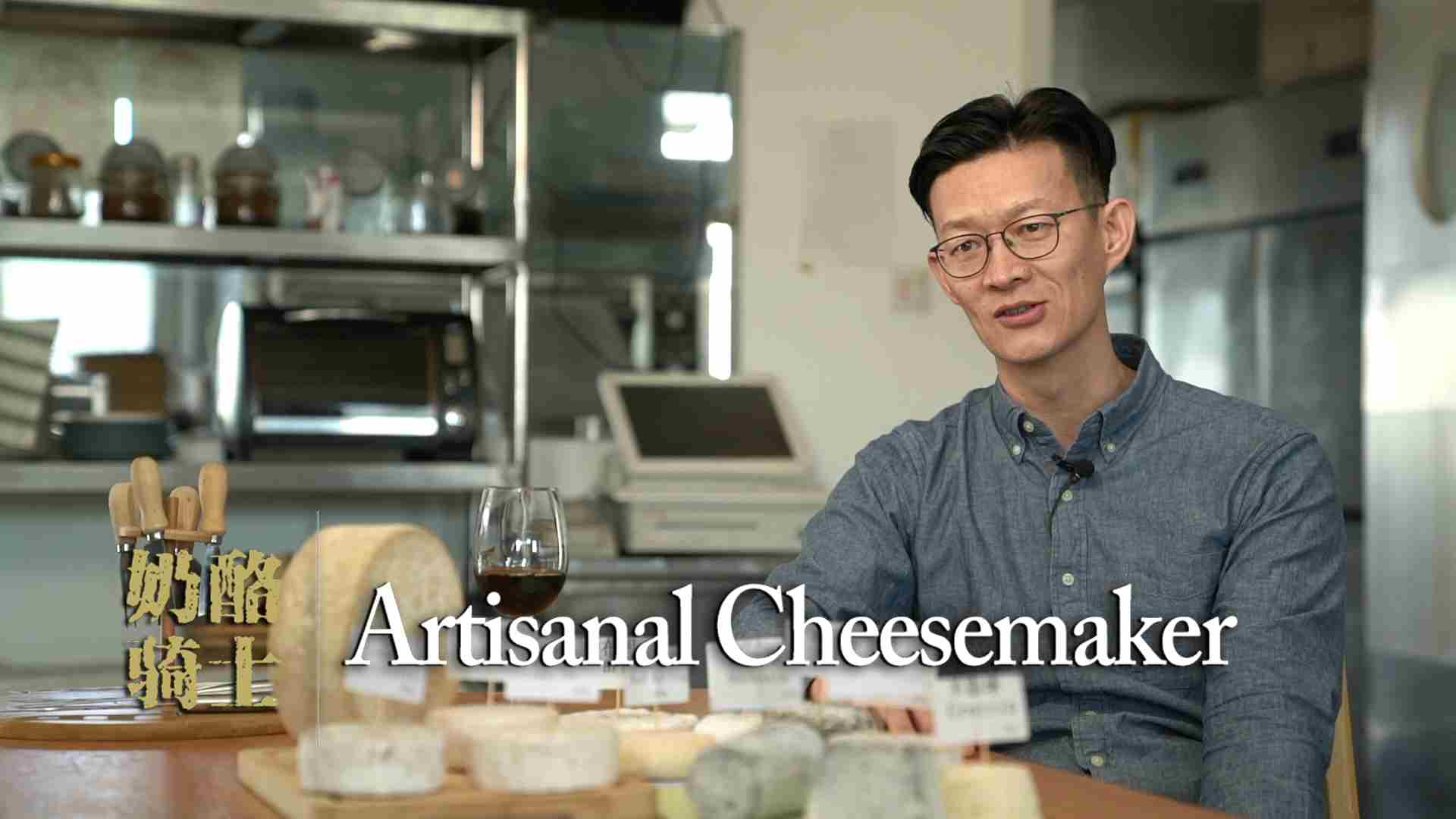
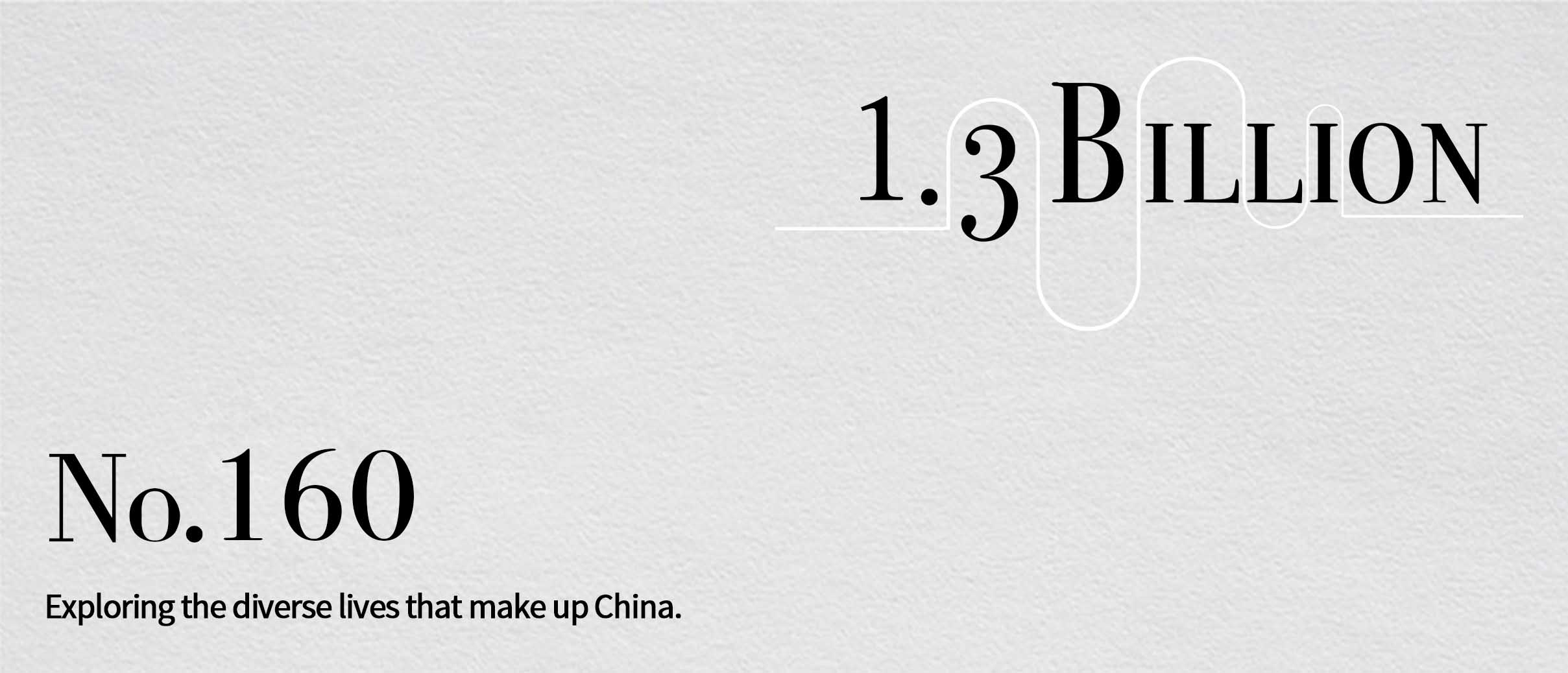
CGTN
CGTN
It took Liu Yang several years of living in France before he finally had his first bite of artisanal cheese. At the time, he was studying Business Administration in Corsica, living in a remote rural area of the island.
Liu's neighbor was a shepherd who made artisanal cheese. Sometimes he would help him out by stirring the milk or turning over the mold. That was how he got to know about the making of it, he recalled.
For Liu, who had only ever tasted industrial cheese before, the taste of homemade cheese was a revelation that opened a whole new world for him.
"I was amazed by the rich flavor and the lingering aftertaste," he said.
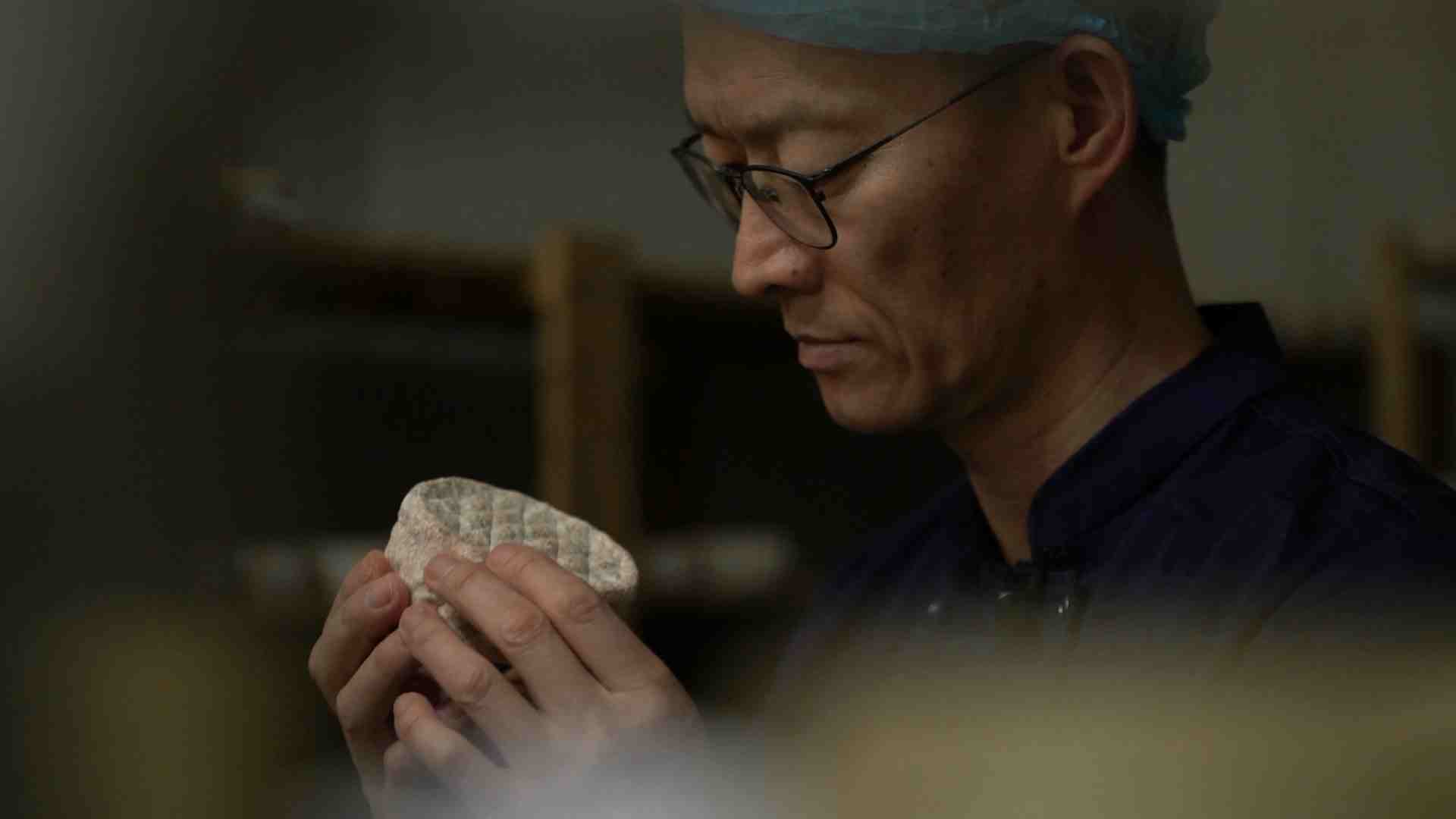
Liu Yang /CGTN
Liu Yang /CGTN
Cheese-making requires much physical strength –stirring the milk continuously for half an hour can be exhausting. But Liu had to focus, which made him forget about his tired hands. He became more and more comfortable with the process, he recalled. "I became fond of cheese making."
Liu then went to study in a local cheese school for a year and came back to China with a handful of tools and molds. He found a part-time job and began to make cheese at home.
But he soon found that making cheese in Beijing was trickier than he thought. "The Beijing climate is drier than Europe. So we had to make adjustments in the workshop."
Also, the cheese he was making in Corsica was goat cheese. In Beijing, sheep milk was almost impossible to find. Liu had to start testing with the milk he could find. "To fail at first was acceptable, especially when I did it at home. Knowing so little about other kinds of cheese, I had to explore by myself. The textbook says one thing, but you have to improvise according to the different conditions. It's all about trial and error, otherwise, you can't find the right way eventually."
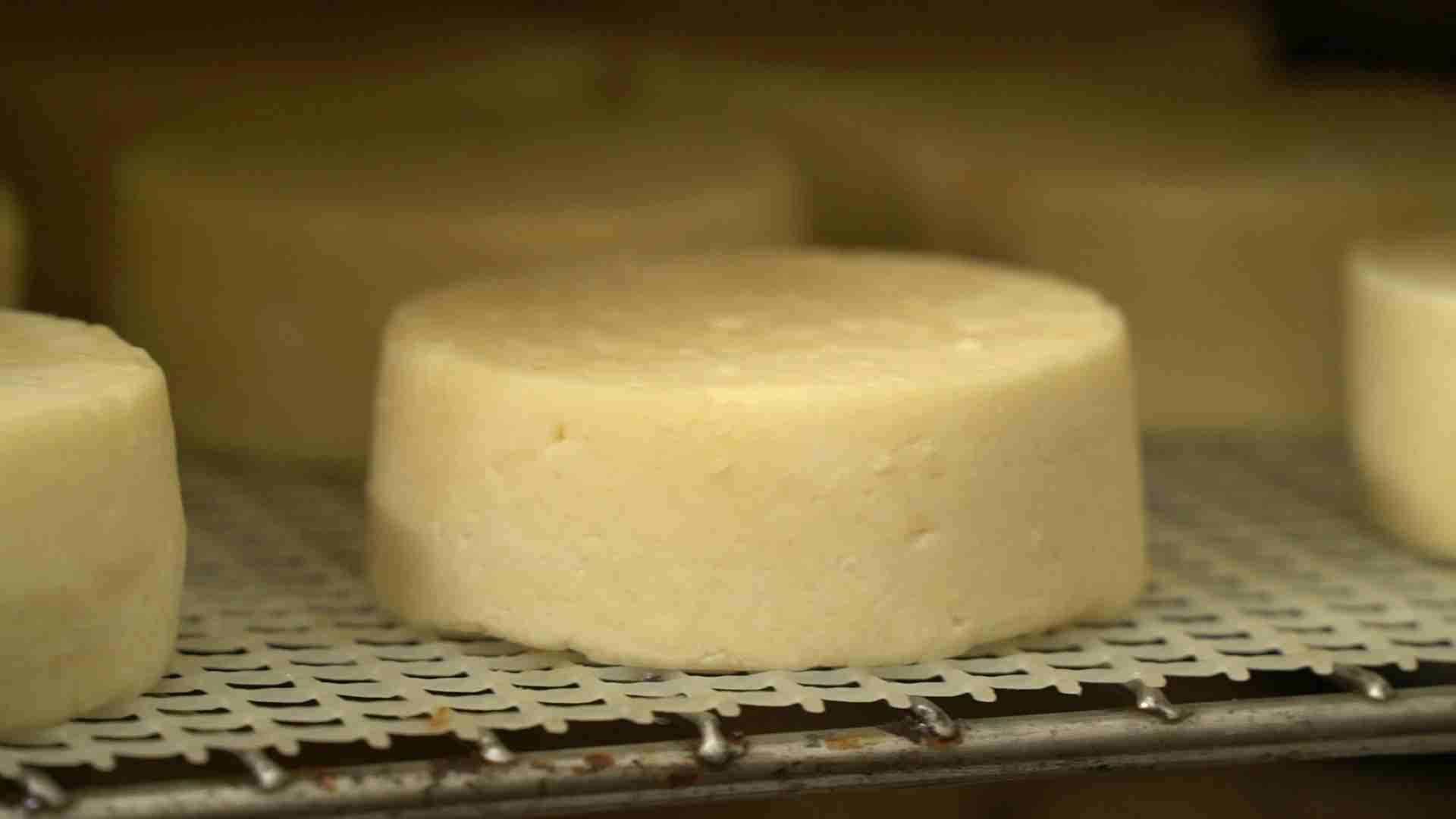
CGTN Photo
CGTN Photo
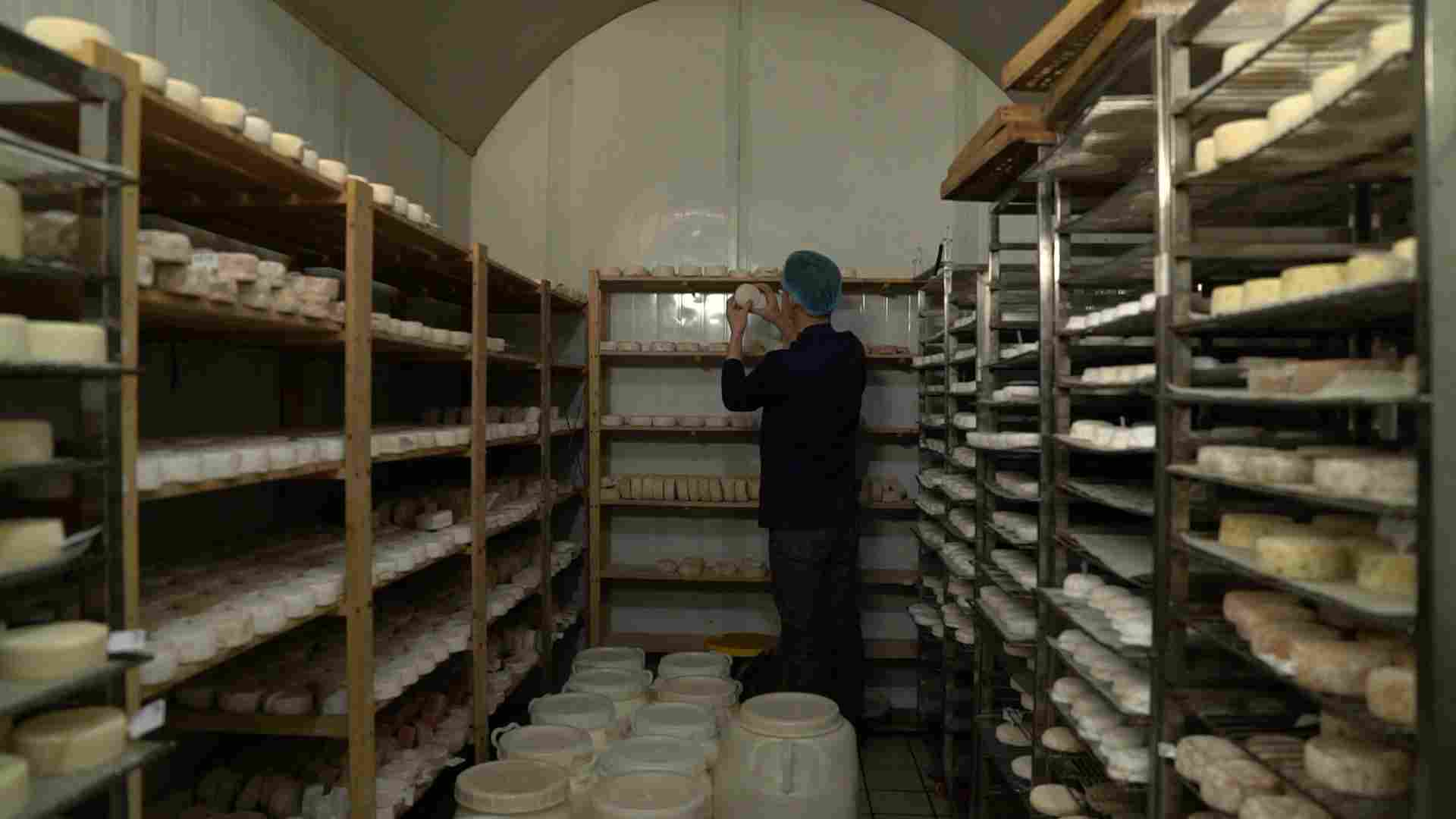
CGTN Photo
CGTN Photo
In his wine cabinet, Liu finally made his first original brand of artisanal cheese: Beijing Grey. He then let some of his French friends try it.
"They told me that it was the flavor of their hometown," he said, adding "They encouraged me to start my cheese business and promised to be my local customers."
In 2009, Liu opened his first shop with four kinds of original artisanal cheese.
At first, Liu sold most of his cheese to foreigners who lived in Beijing. "Few Chinese people could stand the taste of it and dared to take a second bite. Cheese used to be called the foreign version of Chinese stinky tofu."
However, as their purchasing power increased, Chinese became open for more exotic products and so cheese became more popular. Liu often goes to the market for local artisans and farmers to promote his products. He also holds tastings and cultural events for cheese.
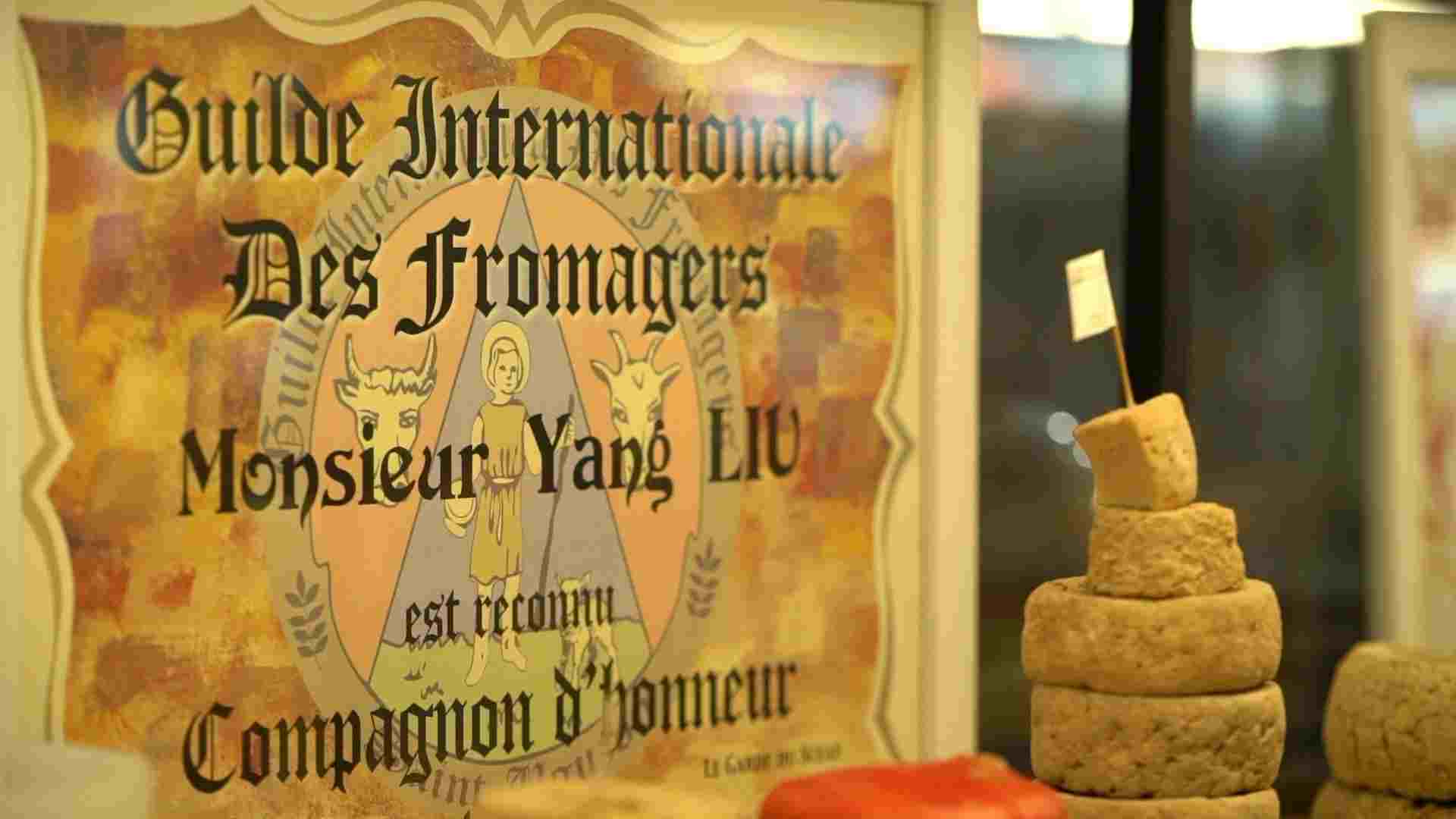
CGTN Photo
CGTN Photo
"Cheese is a kind of living food. It's the most nutritious among various naturally fermented food," says Liu. "Its fermentation is like how a life matures, with a unique flavor at every stage of the process."
Liu brought his cheese to the annual International Cheese Awards in 2015. Out of over 700 kinds of cheese from 27 countries, his Beijing Blue and yak tomme won two of the 55 gold medals. "The yak tomme was a collaboration with a Tibetan maker. It was probably the first time that yak cheese was competing."
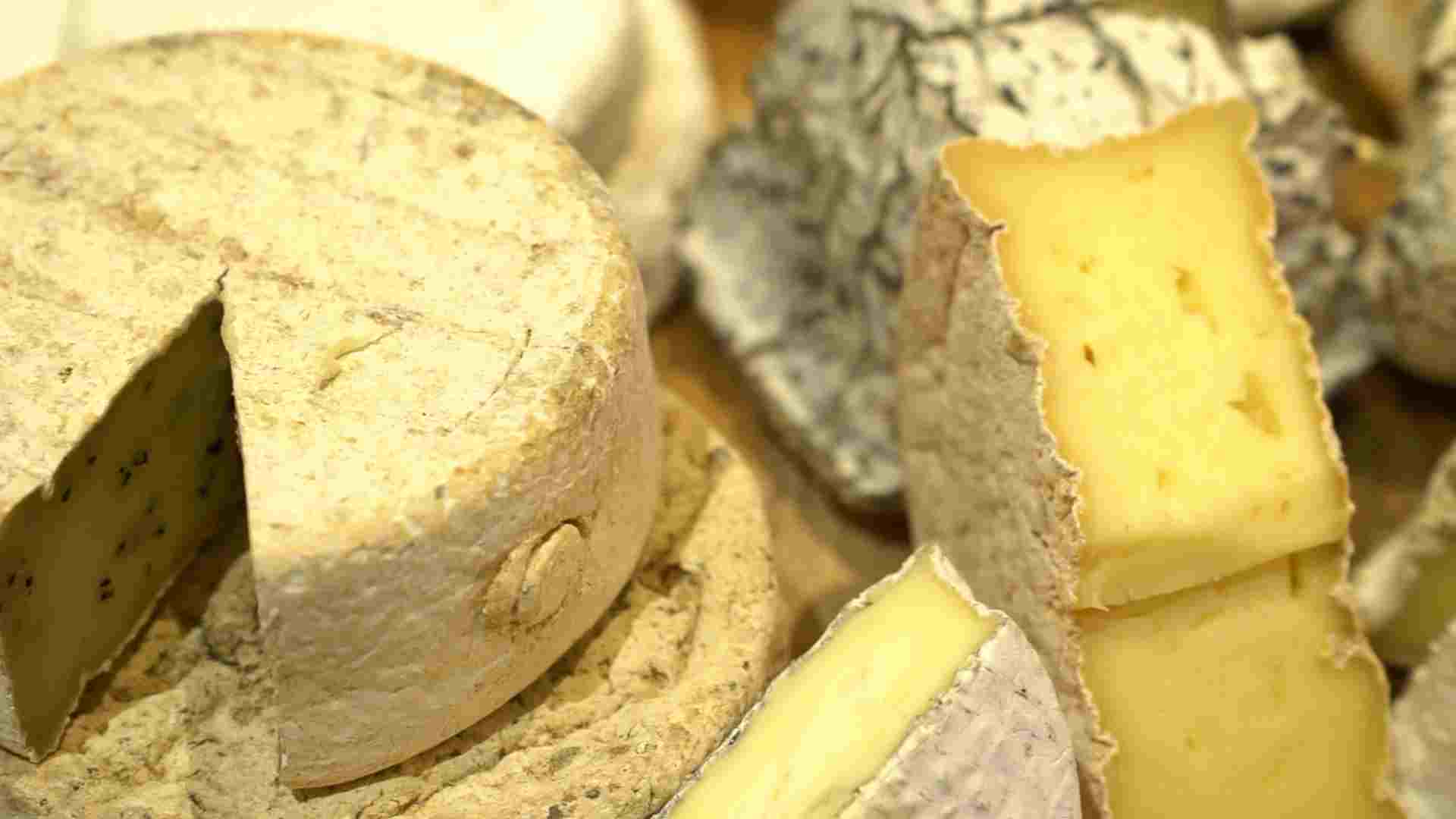
CGTN Photo
CGTN Photo
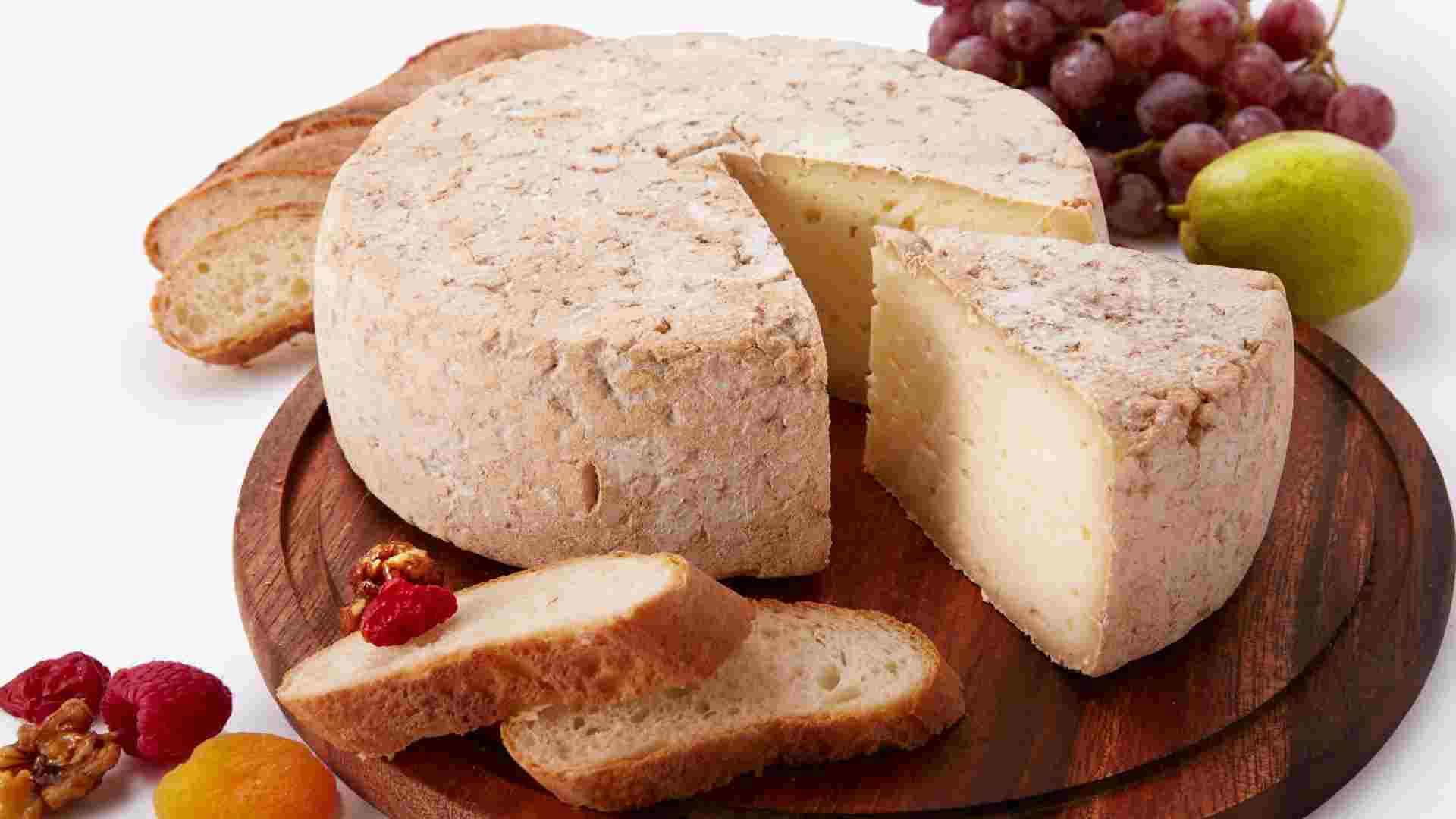
Photo courtesy of Liu Yang
Photo courtesy of Liu Yang
The acknowledgment of international peers gave Liu more confidence, while he is optimistic that Chinese will grow to appreciate cheese, too. "Chinese are eager to try the best food this world has to offer," he said.
Liu now owns four shops in Beijing that sell more than 30 kinds of cheese. The newest shop comes with glass walls, so that people can see the cheese fermenting from outside. "I wish more and more Chinese can fall in love with cheese through my products," Liu said.
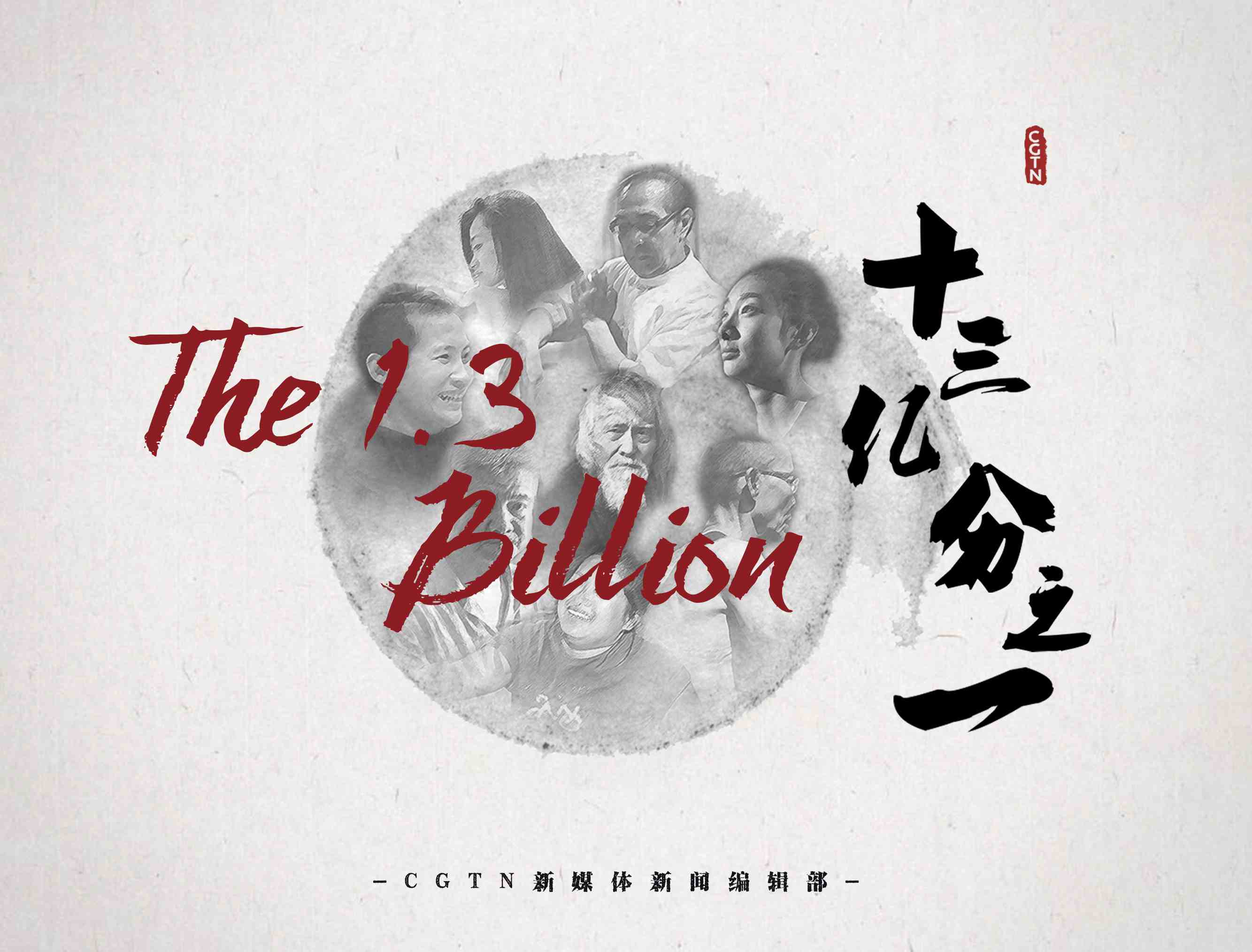
The story is one in The 1.3 Billion series exploring the diverse lives that make up China.
The story is one in The 1.3 Billion series exploring the diverse lives that make up China.

SITEMAP
Copyright © 2018 CGTN. Beijing ICP prepared NO.16065310-3
Copyright © 2018 CGTN. Beijing ICP prepared NO.16065310-3